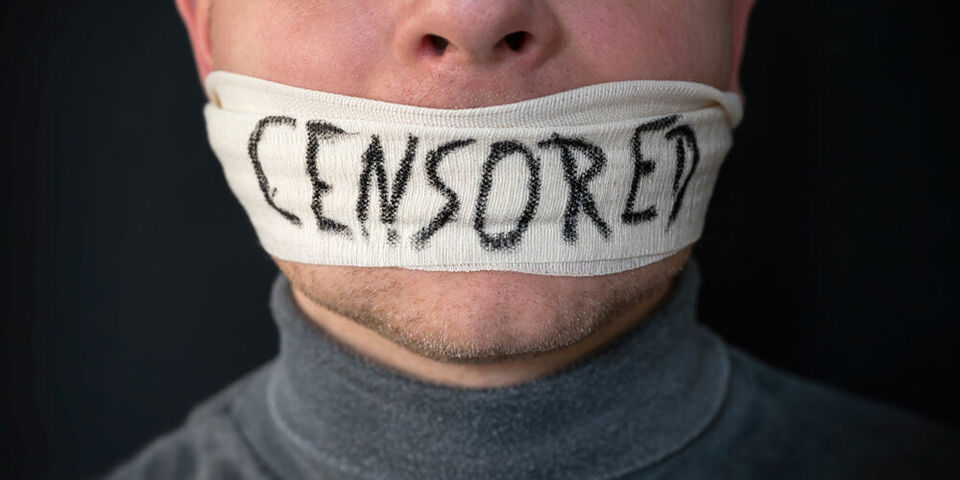For years China appeared to be opening up more and more, states a report by Clingendael, but in recent years it has been quite the opposite. Censorship by the Chinese government is becoming stricter.
The Chinese policy is resulting in self-censorship among Dutch researchers, warns the institute that examines international relations. Certain issues do not get raised if they are sensitive in China, for example human rights or the origin of the COVID-19 virus.
Friendly suggestions
This self-censorship is encouraged by “friendly suggestions, advice or warnings” from Chinese colleagues. The report states that the Chinese government sometimes even exerts pressure directly, for example by refusing a visa or withdrawing financial support for a research project.
Clingendael points out the core values of Dutch science, such as academic freedom. “In China, where educational institutions cannot operate independently from the Chinese government, academic freedoms do not apply, and where censorship occurs on a massive scale, these core values are not anchored in education and research,” according to the report.
Yet it remains difficult to point to direct influence from China. Could the Confucius Institutes that have opened in Maastricht and Groningen have something to do with it? In Brussels, for example, the director has been accused of collaborating with the Chinese intelligence service and elsewhere the institutes have been forced to close their doors as well.
Extensions
They are “extensions of the Chinese state,” write the researchers. Therefore, the government needs to beware of political influence from these institutes. Nevertheless, they conclude that there are as yet “no indications of the Confucius Institutes exerting political influence during lessons in higher education in the Netherlands.”
The government should also keep an eye on the influence of the Chinese embassy, which sometimes monitors Chinese students to see if they are keeping in line with Chinese protocol. “Some students are actively involved in the promotion of Chinese policy objectives.”
The Dutch parliament recently raised concerns on whether the Dutch government is alert enough to the collaboration between the local higher education and research and China. The government should consider treating Chinese students and researchers the same way it treats Iranians and North Koreans, states a unanimously adopted motion.
For the report, the researchers at Clingendael spoke to various parties involved. The government should be more open about its efforts, they say. “One group calls for us to collaborate more closely and the other reins us in; that creates uncertainty.”
More drastic
It could get even more drastic. “A number of researchers feel the Netherlands should reconsider if large-scale institutional collaborations with China are really desirable,” the report states.
The question is relevant, since all Dutch universities work together with Chinese knowledge institutions in the area of education or research “in all branches of science,” according to Clingendael. Certain universities have “joint Chinese-Dutch laboratories in China”.
Statistics Netherlands recently reported there are around 4,500 Chinese students attending Dutch universities and universities of applied science. There are hundreds of Chinese PhD students and researchers as well, in particular at the technical universities.


Discussion